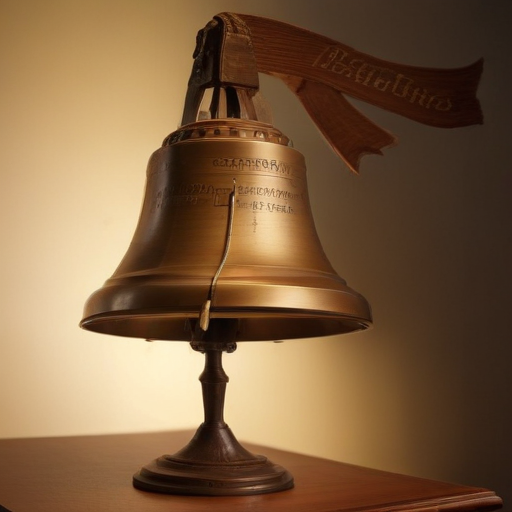January 20 marks Martin Luther King Jr. Day, a federal holiday dedicated to honoring the life and contributions of the influential civil rights leader, who was tragically assassinated in 1968. The establishment of this holiday was not without struggle, requiring the persistent efforts of King’s widow, Coretta Scott King, along with various lawmakers and activists over the years.
The holiday is observed on the third Monday of January and coincides with King’s birthday, which is January 15. The day serves as a national day of service, encouraging Americans to engage in volunteerism and enhance their communities, as highlighted by the Smithsonian National Museum of African American History and Culture.
The journey to make Martin Luther King Jr. Day an official federal holiday began shortly after King’s assassination. Former U.S. Representative John Conyers of Michigan introduced legislation for the holiday just four days after King’s death, on April 8, 1968. Over the following decade, numerous states implemented statewide holidays in honor of King. However, it wasn’t until 1983 that Conyers’ efforts bore fruit in Congress. Despite facing a setback in 1979 when the proposal failed by a narrow margin, advocates rallied support, gathering over 6 million signatures, which Coretta Scott King presented to Congress along with singer Stevie Wonder, who had also released the influential song “Happy Birthday” to garner public support for the holiday.
The first national observance of Martin Luther King Jr. Day took place in 1986, yet the holiday’s recognition was met with additional resistance in several states, with Arizona and South Carolina being notable examples. By the year 2000, all 50 states recognized MLK Day. Texas officially celebrated the holiday in 1991.
The inception of Martin Luther King Jr. Day in January aligns with the Uniform Monday Holiday Act signed into law by President Lyndon B. Johnson in 1968, which aimed to create more three-day weekends for the nation’s workers. This act included provisions to celebrate holidays like Memorial Day and Veterans Day on Mondays.
Music played a pivotal role in advocating for the holiday, with artists like Stevie Wonder utilizing their platforms to effect change. His powerful song served not only as an artistic tribute but also as a political call to action, contributing significantly to the success of King’s legacy being honored at the national level.
In conclusion, Martin Luther King Jr. Day stands as a testament to the ongoing struggle for civil rights and equality, encouraging collective action and community service. It is a day not only to honor Dr. King’s profound impact but also to reflect on the continued journey towards justice and equality in our society.
